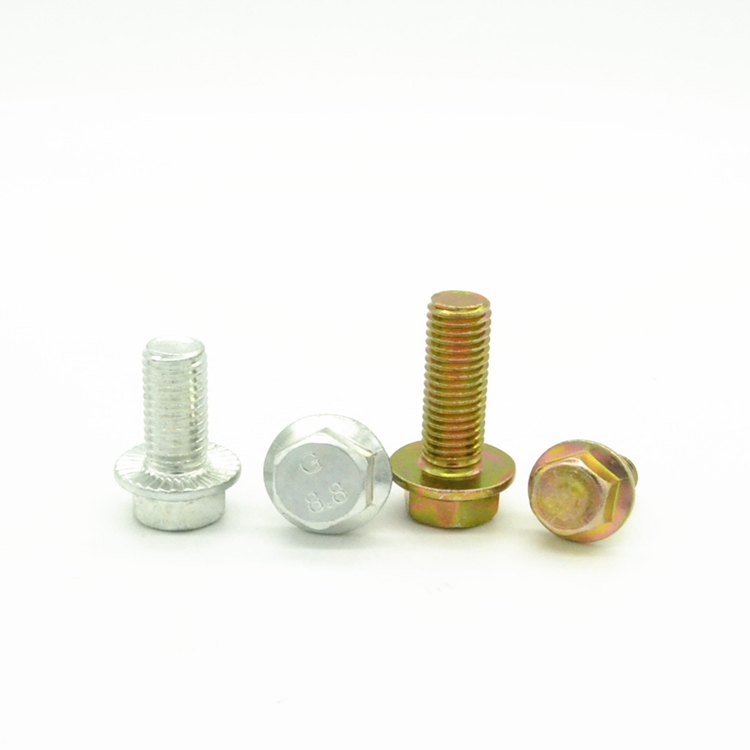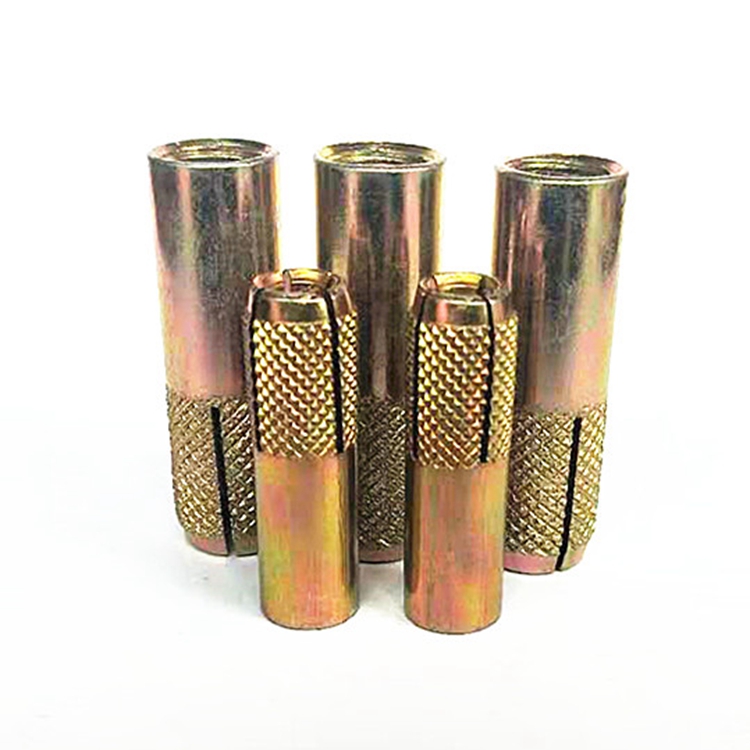bolts for hitch
ഫെബ്രു . 08, 2025 03:36 Back to list
bolts for hitch
Selecting the right bolts for your hitch is crucial for ensuring safety and functionality when towing a trailer. As someone deeply involved in the towing and automotive industry, and having worked closely with experts and end-users alike, I can guide you through the most important considerations for choosing boles for your hitch.
Moving beyond material and size, the grade of the bolt is another defining factor of its capacity to handle stress. Bolt grades indicate the tensile strength and toughness of the bolt. Commonly, Grade 5 and Grade 8 bolts are employed in towing applications. Grade 5 bolts are a versatile choice suitable for moderate loads, whereas Grade 8 bolts, which are stronger and more durable, should be selected when towing heavy loads or traversing challenging terrains. When examining authority-recommended practices, one will find that the proper installation of bolts is equally as crucial as selecting the right type. Torque specifications provided by manufacturers must be followed meticulously to ensure that bolts are adequately tightened. An under-tightened bolt can lead to slippage, and an over-tightened bolt might damage the threads or the integrity of the hitch assembly. Speaking from a safety and authority perspective, professional advice should always be sought if any doubt exists. Consulting with automotive professionals, particularly those specializing in towing hardware, will provide you with personalized recommendations ensuring both your safety and the equipment’s performance meet the highest standards. Customers have often found it beneficial to participate in forums or join communities that center around trailer towing and shared personal experiences. These platforms can offer valuable insights and real-world advice that books and manuals may not always cover. Ultimately, the peace of mind when hitting the road with your trailer lies in knowing that you’ve chosen the best possible bolts for your hitch, making every recommendation in this guide vital. Avoid the temptation of cutting corners or compromising on quality for the sake of cost. Prioritizing high-quality, appropriately sized, and properly rated bolts leads to an investment in your safety and that of others, thus fulfilling the pillar of trustworthiness inherent in every successful towing assembly.


Moving beyond material and size, the grade of the bolt is another defining factor of its capacity to handle stress. Bolt grades indicate the tensile strength and toughness of the bolt. Commonly, Grade 5 and Grade 8 bolts are employed in towing applications. Grade 5 bolts are a versatile choice suitable for moderate loads, whereas Grade 8 bolts, which are stronger and more durable, should be selected when towing heavy loads or traversing challenging terrains. When examining authority-recommended practices, one will find that the proper installation of bolts is equally as crucial as selecting the right type. Torque specifications provided by manufacturers must be followed meticulously to ensure that bolts are adequately tightened. An under-tightened bolt can lead to slippage, and an over-tightened bolt might damage the threads or the integrity of the hitch assembly. Speaking from a safety and authority perspective, professional advice should always be sought if any doubt exists. Consulting with automotive professionals, particularly those specializing in towing hardware, will provide you with personalized recommendations ensuring both your safety and the equipment’s performance meet the highest standards. Customers have often found it beneficial to participate in forums or join communities that center around trailer towing and shared personal experiences. These platforms can offer valuable insights and real-world advice that books and manuals may not always cover. Ultimately, the peace of mind when hitting the road with your trailer lies in knowing that you’ve chosen the best possible bolts for your hitch, making every recommendation in this guide vital. Avoid the temptation of cutting corners or compromising on quality for the sake of cost. Prioritizing high-quality, appropriately sized, and properly rated bolts leads to an investment in your safety and that of others, thus fulfilling the pillar of trustworthiness inherent in every successful towing assembly.
Latest news
-
Trusted Wire Bolts Suppliers - Durable & Reliable Solutions
NewsAug.04,2025
-
Wire Bolts Company | Premium Industrial Fasteners
NewsAug.03,2025
-
Top Wire Bolts Suppliers | AI-Optimized Fast Delivery
NewsAug.02,2025
-
Top Metric Wood Screw Companies | Durable & Reliable
NewsAug.01,2025
-
Premium Lawn Mower Handle Bolts Supplier | Fast Delivery
NewsJul.31,2025
-
Premium Silver Screws Supplier | High-Conductivity Fasteners
NewsJul.31,2025
